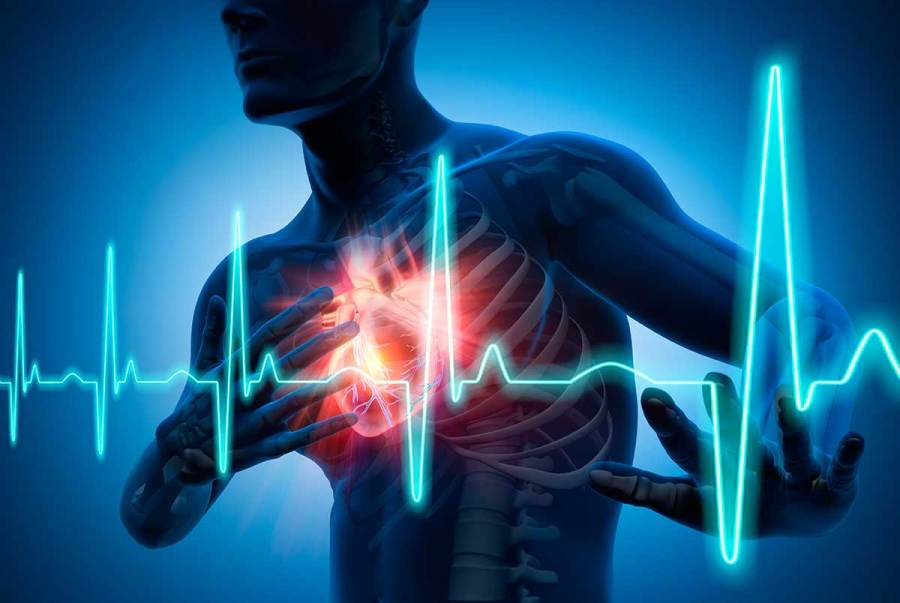6 Signs It’s Time to See a Cardiologist
December 7, 2021 10:45 am
Heart disease is the leading cause of death among adults in the United States, and it’s responsible for about 1 in 4 deaths each year. Because heart disease is so common, it’s important to learn about your personal risks for the disease and then do what you can to reduce your controllable risk factors. A cardiologist can help you accomplish this goal.
What Is a Cardiologist?
A cardiologist, an expert in diagnosing and treating conditions that impact the heart, blood vessels and arteries, is trained to evaluate risk factors and symptoms to help you develop a plan of action to improve your health. After listening to your concerns, the cardiologist may recommend additional tests or bloodwork to learn more about your health and make a diagnosis.
You may need to see a cardiologist if you have any of these potential warning signs for heart disease.
1. Chest pain. Not all chest pain is a sign of heart disease or a looming heart attack, but persistent or strong chest pain should be investigated by a physician. Chest pain is a medical emergency that requires a trip to the emergency room. Chest pain, along with feeling weak or light-headed, pain in one or both arms, and shortness of breath, are common heart attack symptoms.
2. Diabetes. Elevated blood glucose levels may lead to coronary artery disease. Speak with your endocrinologist or primary care provider about scheduling an appointment with a cardiologist.
3. A family history of heart disease. A first-degree relative—parent, child or sibling—with heart disease increases your risk for developing the condition. A cardiologist can help monitor risk factors and conduct necessary screenings.
4. High blood pressure. Blood pressure is the force in which blood pushes against arterial walls. High blood pressure can reduce the amount of blood and oxygen that reaches the heart, potentially causing chest pain, and increasing your risk for heart disease.
5. High cholesterol. High cholesterol can lead to an accumulation of fat in your blood vessels, which can interfere with the flow of blood to and from the heart. When oxygen-rich blood can’t reach the heart, a heart attack can occur.
6. History of smoking. Smoking or a history of smoking increases the risk of arterial blockages and damages the arteries. This damage can cause heart disease.
MRHC offers leading-edge heart care at the Magnolia Heart and Vascular Center in the heart of Alcorn County. Request an appointment online or call (662) 293–1000.
Tags: cardiology, heart health
CardiologyCategorized in: Heart DiseaseCategorized in: Heart HealthCategorized in: News
This post was written by Magnolia Regional Health Center




